The rise of Nationalism in Europe throughout the 19th century is identified as one of the primary reasons for the outbreak of World War I. With its seeds in the French Revolution in the late 18th century, nationalism was increasingly seen as one that empowered “the people”, united them with their ethnic identity and acted as a foil against the conservative forces of imperialism and absolutism. The rise of nationalism thus challenged the political order throughout Europe. The Great Powers, which included Great Britain, Germany, France, Austria-Hungary, Russia and the Ottoman Empire, were forced by Nationalism to respond and adapt. This vitally shaped international relations in the years leading to the Great War. Moreover, fierce nationalism inflated confidence of the leadership and the public in their own nation with war being considered both justified in times of global competition and necessary to progress further. Here is a detailed analysis of Nationalism as a cause of World War I.
Impact of the French Revolution
The French Revolution had brought an end to the hereditary monarchic rule in France and established the French Republic. The landmark event had offered an alternative political order, where power and authority resided in the people, at least in concept. The success of the levée en masse, where thousands of able bodied young men mass conscripted for their national identity, and the rise of Napoleon; had swept the ideas of the French Revolution across Europe and beyond.
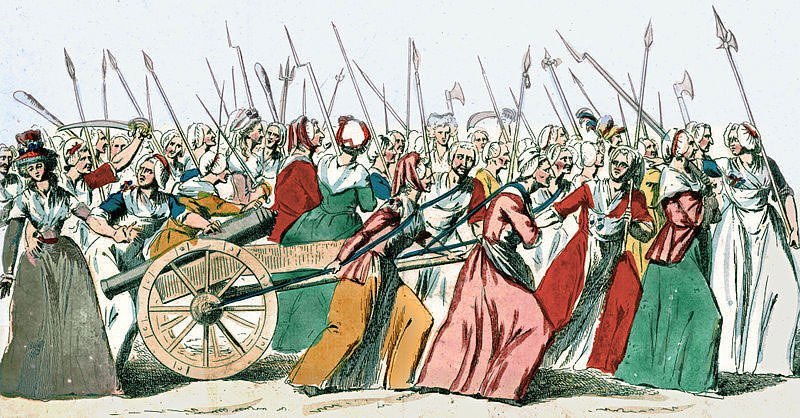
The idea that an absolutist rule could be overthrown by the people led to the rise of nationalistic sentiment in various ethnic groups. This was a clear threat to the status quo of the Major Powers, especially the Habsburg and Ottoman empires. In 1814, a military coalition that included Britain, Austria, Prussia, and Russia were successful in defeating Napoleon. This defeat led to the restoration of monarchy in France. Furthermore, a conference in Vienna (capital of the Habsburg Empire) led to the agreement of re-establishing the balance of power in Europe.
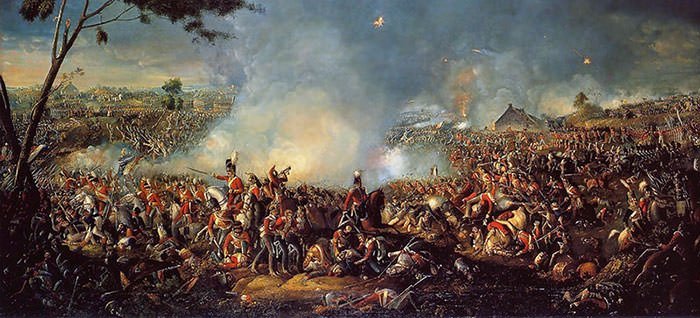
The Congress of Vienna was a series of mostly informal talks between leaders of the Great Powers and was headed by Austrian diplomat Klemens von Metternich. Metternich saw the nationalistic and revolutionary forces as a grave threat to the Empires of Europe. He was the guiding force behind the “Concert of Europe”. The idea was to build a system of international relations, a “concert”, wherein the Great Powers, in spite of their differences, could work together to ensure revolutionary forces were kept in check, old ruling families maintained their power and buffer zones were created between Major Powers to avoid conflict.
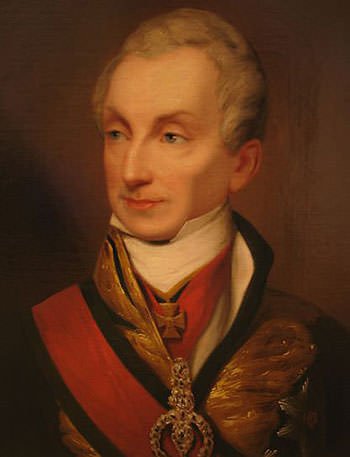
Springtime of Peoples and Hungary
Von Metternich made a domestic policy for the Habsburg Empire, which he feared would disintegrate under the influence of nationalism. He thus devised a comprehensive system of surveillance, policing and censorship to counter the challenge. But nationalism within the Habsburg Empire and the rest of Europe were on a gradual but determined rise. Things came to a boil in 1848-49 in the so-called “Springtime of Peoples”, in which revolutions broke out across the continent against the absolutist order established since 1815. The most notable among them was the Hungarian Revolution, which became the Hungarian War of Independence from Austria (Habsburg Empire). The revolution was defeated in 1849 but was followed by a long movement which eventually led to the Compromise (Ausgleich) of 1867, when after their defeat in the Austro-Prussian War, the Habsburg Empire was reorganized as Austria-Hungary and large amounts of powers were given to the Hungarians.
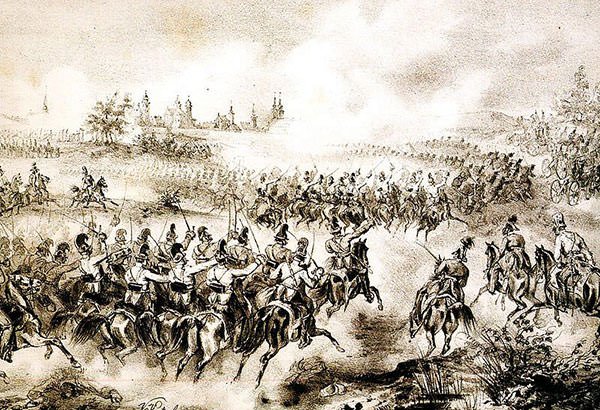
New Challenges
In 1815, Vienna Congress had failed to unify Italy and it was divided into a large number of states under different rulers. After decades of struggle; revolts; three wars of independence; and leadership and guidance from nationalistic leaders like Giuseppe Mazzini and Garibaldi, Italy finally united in 1871. On the other hand Germany under the shrewd leadership of Prussian Prime Minister Otto von Bismarck, defeated France in the Franco-Prussian War leading to the unification of Germany.
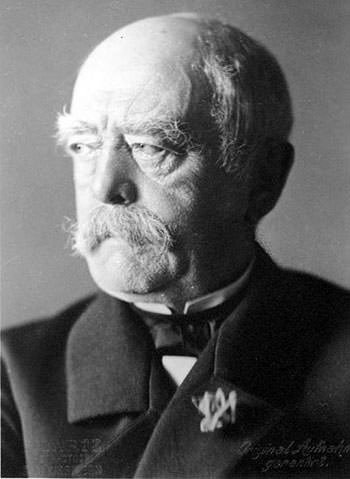
These two major political changes were rooted in strong nationalistic sentiments within Italy and Germany. Determined for its “place in the sun”, the German nation would rise further, becoming a major economic and military might within a few decades. This rise would be seen as a threat to established powers, further increasing the nationalistic spirit among them.
Riding The Wave
National identity had not been much of an issue in the early years of the 19th century, as most people had a local, regional or other forms of identifications. But by the mid-19th century, it was understood by some leaders that nationalism would not be smothered with oppression and it would be better to ride the tide than to fight it. Moreover, the Major Powers seemed convinced of their nation’s superiority as a cultural, economic and military power. There was blatant propaganda, many times promoted by the leaders themselves. Inflammatory remarks and rhetoric were common and foreigners were looked upon with suspicion and xenophobia.
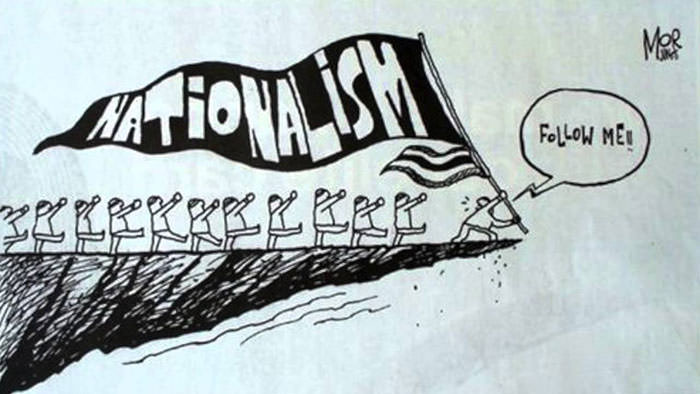
The Eastern Question
The weakening of the Ottoman Empire towards the end of the 19th century was giving headaches to the Major Powers in Europe. The Ottomans controlled the Balkan area in the east of Europe and their decline had empowered pan Slavic nationalism in the region. The area consisted of nations and states like Greece, Serbia, Bosnia, Bulgaria, Macedonia and Albania; who were looking for independence or expansion. Mostly backed by Russia, Slavic nationalism was strongest in Serbia, which was further aggravated by Austro-Hungarian Empire’s annexation of Bosnia and Herzegovina. This led to the formation of nationalist and militant groups like the Crna Ruka (“Black Hand”) and Mlada Bosna (“Young Bosnia”), which were aimed at driving out the Austro-Hungarians. This led to the assassination of Austrian heir, Archduke Franz Ferdinand, in Sarajevo in June, 1914; which in turn ignited the First World War.
“One day the great European War will come out of some damned foolish thing in the Balkans (1888).”
Otto von Bismarck (1888)

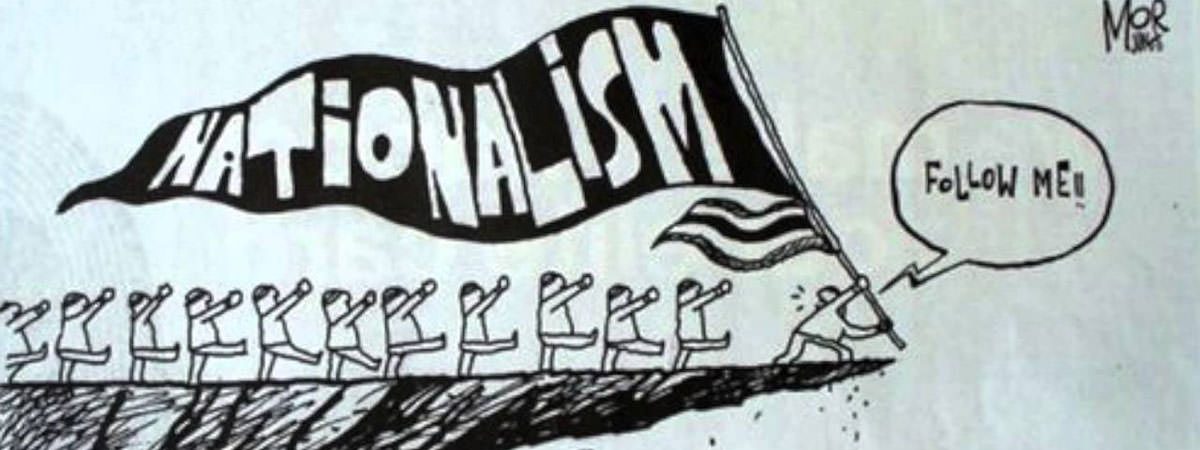
how does this represent nationalism?